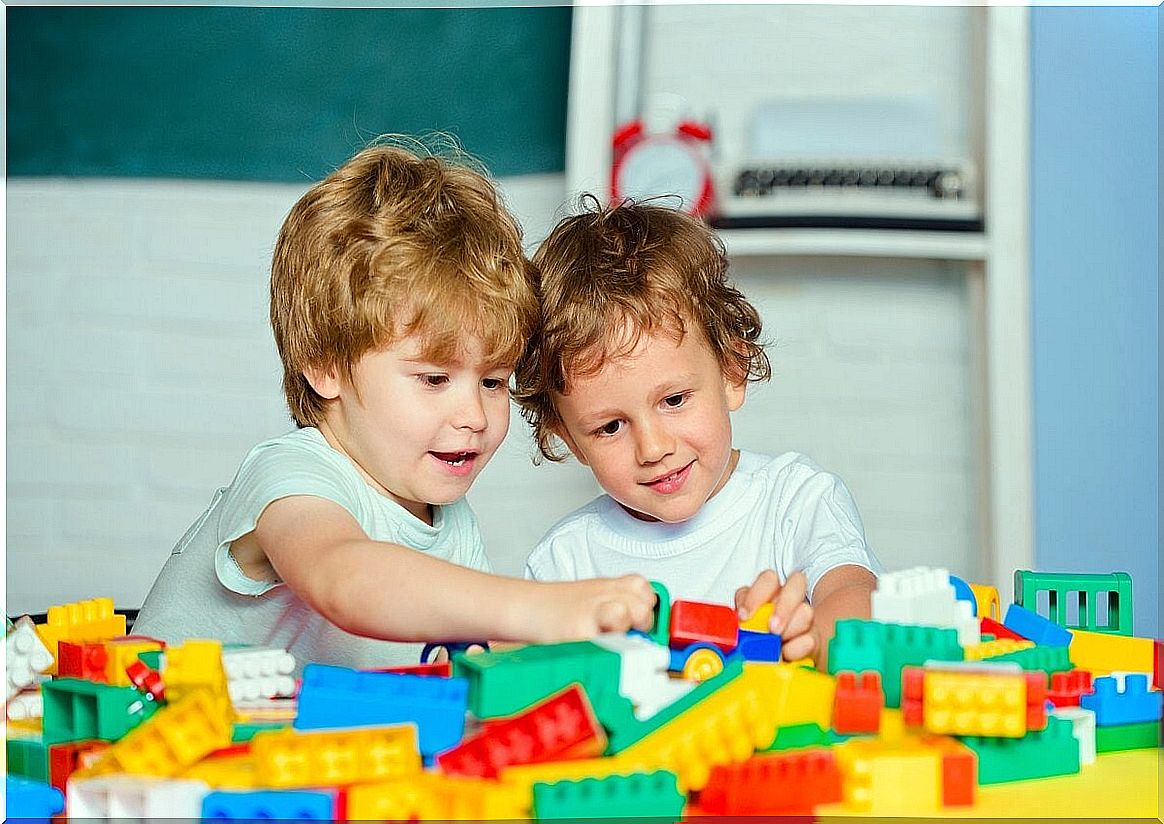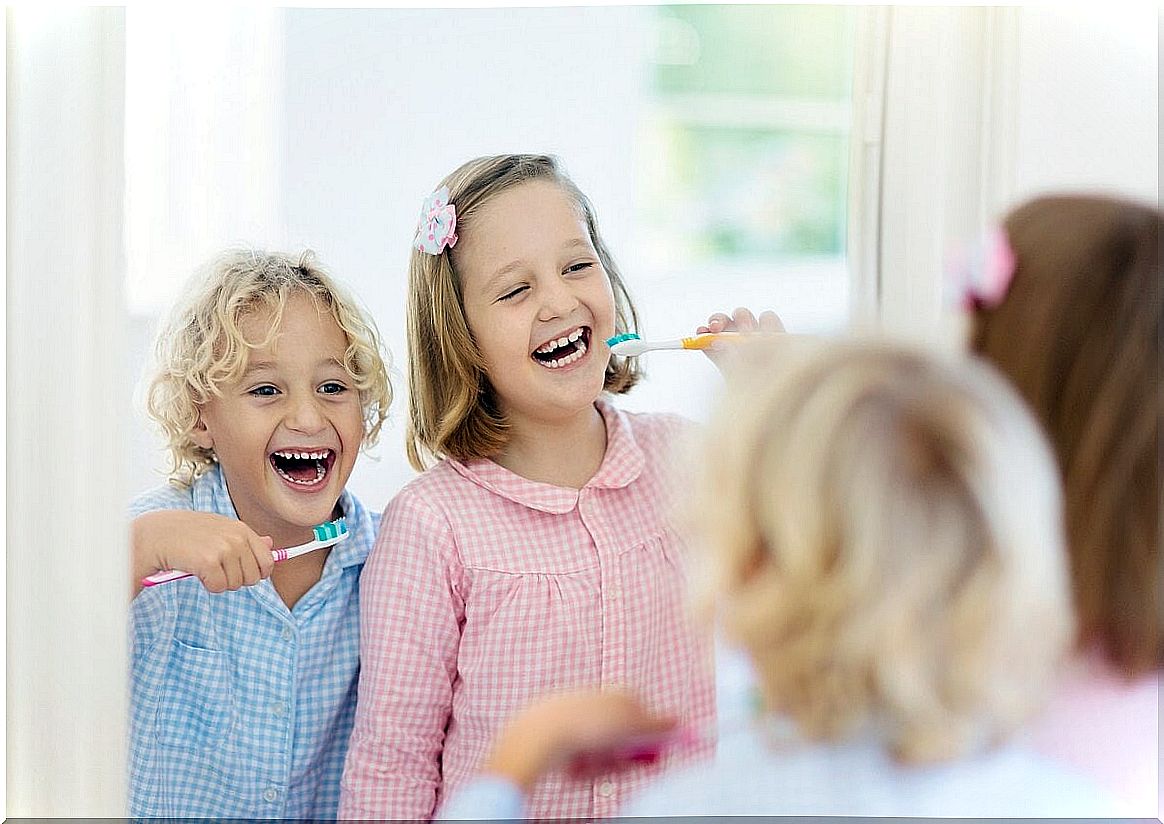Importance Of Children Attending Kindergarten
The kindergarten is a school space whose objective is to promote educational work and activities related to the growth and development of children. On average, entry to this system occurs between 4 and 5 years, although it depends on psychological and social skills, and the requirements of each country.
Although it is true that education should start from within the family, it is the teachers who complement and reinforce the appropriate parenting practices and the cognitive, social and emotional development of the child as an entity within the environment that surrounds it. Why is it so important that minors attend these settings early?
In kindergarten they acquire social skills
When children begin to develop social skills, they not only gain friends, but other types of knowledge. By interacting, they learn to set rules and make decisions. Through friendship they are capable of experiencing fear, anger, rejection, aggression, among other emotions. In turn, this helps them understand what is appropriate and what is not.
They begin to see what social positioning is like, power, situations where different behaviors are required, what is fair and what is not, and the feeling of belonging to a group. In particular, in kindergarten they learn to compare themselves to other children – who is bigger, faster, or smarter – and to foster the building of self-esteem.
Friendships are a natural necessity, reflected by the time spent sharing activities . At this stage, these relationships are based on the companionship they have.

They learn to be disciplined
Discipline plays a fundamental role in the integral development of children. Not only does it reinforce their social skills and their confidence, but it also allows them to adapt to many situations in their environment.
This is because the school has a set of explicit and implicit rules to regulate the activity and relationships of the members of the community they form.
According to Cubero, in his article “Discipline in the classroom: reflections on communication processes”, the rules revolve around the personal safety of children, in order to create a possibility of working in a learning environment.
Breaking these rules can create chaos. Therefore, teachers as specialists in pedagogy teach them that discipline is important to maintain harmony in human relationships.
In turn, in kindergarten they learn about discipline because the rules are few, simple and clear, and they are in a vocabulary appropriate to the intellectual level of the students. In addition, they are applied constantly through supportive, preventive and corrective techniques.
- Prevention measures seek to minimize or prevent problems in the classroom and at school.
- Supportive ones are strategies to regulate behavior in the face of behaviors that go against the code.
- Corrections are the resources to teach that there are consequences when the norms or guidelines are not followed.
In kindergarten they learn to create routines outside the home
Everyone needs routine. They help organize life and avoid chaos. Children grow up more disciplined and structured, although it is advisable to seek balance to avoid stiffness and boredom.
Being at home all the time can cause boredom and children need to know their surroundings. An excellent option to leave the house is to go to kindergarten and integrate it into your routine as follows:
- Wake up at 6:20 am
- Get out of bed at 6:30 am
- Go to the bathroom, get dressed, brush your teeth, and leave the house at 6:50 a.m.
- Have breakfast or eat in the car.
- Pick it up from kindergarten at 4:00 pm
- Time to play from 4:00 to 5:00 pm
- Prepare dinner at 5:00, dinner at 5:45 pm
- Bath time at 6:30 pm
- Spend time together at 7:00 pm
- Watch television from 7:30 to 8:00 pm
- Go to the bathroom and go to bed at 8:00 pm
- Sleep at 8:30 pm

What should be taken into account to choose a good kindergarten?
There are objective and subjective aspects that must be taken into account when choosing a good kindergarten. From the objective, you can look for references of that educational center with other trusted people who have young children.
Evaluate the place and facilities to avoid any type of accident. You should answer questions like the following:
- How safe is the space?
- How big is it?
- Does it comply with the safety measures for children?
Another important point is the money, how much is the monthly payment of the place worth? Analyze the family budget and make a decision. Of course, always trying to balance quality and price. Also look at the dining rooms and menus, how healthy and clean are they?
On the subjective side, answer yourself: do I feel comfortable leaving my son here? Also, visit the place with your little one to assess how he is doing and how he feels about the environment. Remember that he will be the one who spends most of his day there and should be the one who manifests feeling calm with his new environment.









